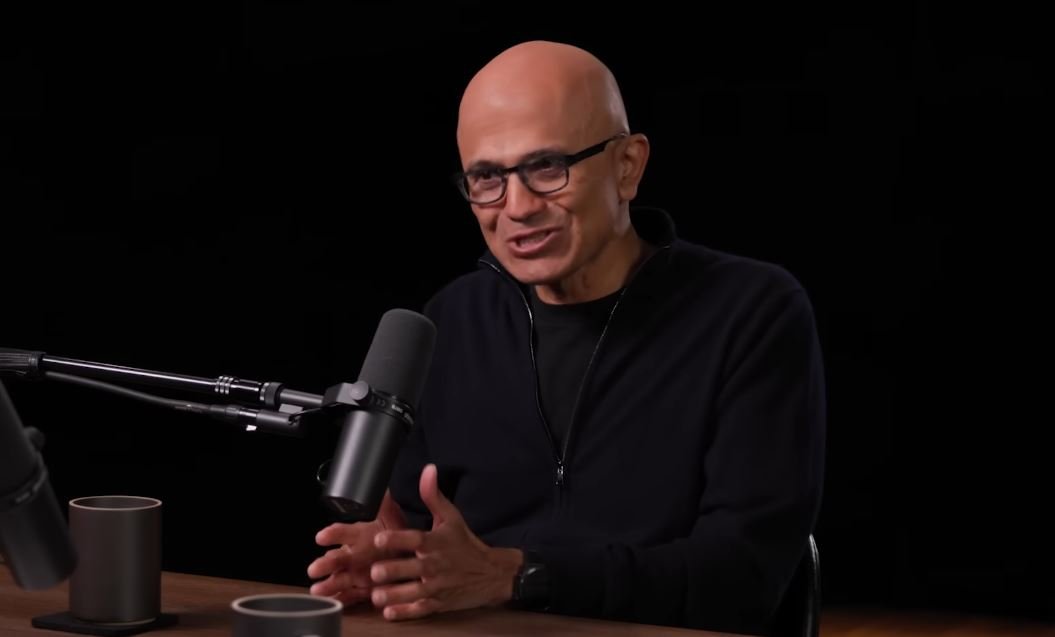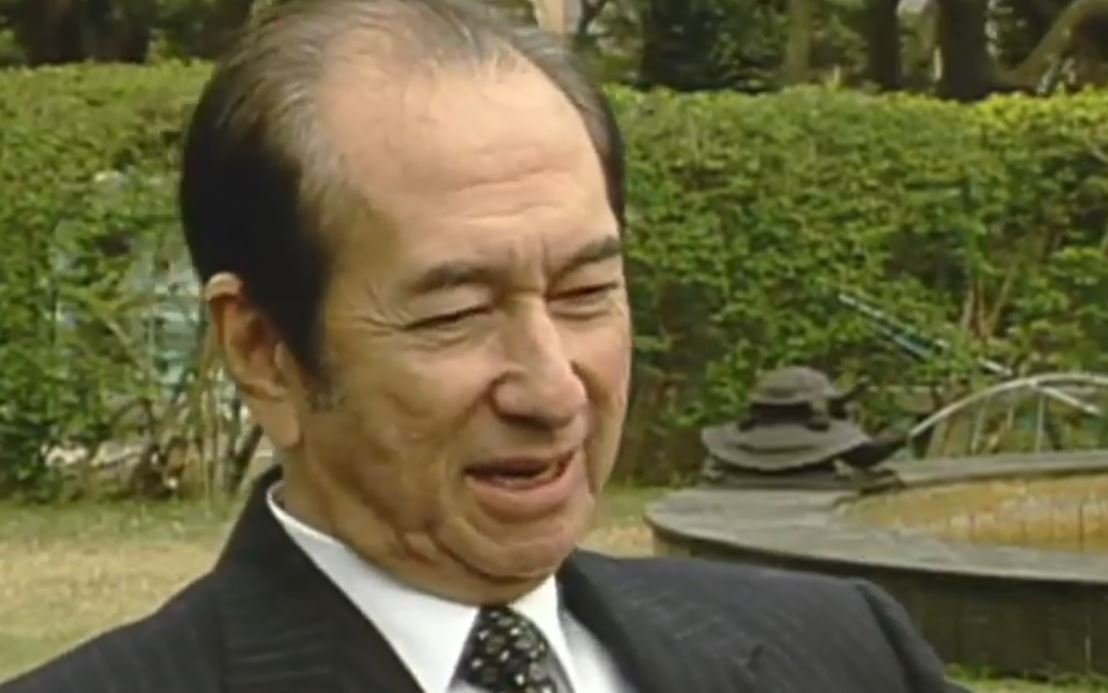Pope Leo XIV, the inaugural American pope, has garnered attention not only for his position as the spiritual leader of more than 1.3 billion Catholics but also for the remuneration and distinctive benefits associated with this prestigious role. The Papacy encompasses much more than financial remuneration; however, the inquiry into the Pope’s earnings has generated worldwide intrigue. Let us analyze the components of Pope Leo XIV’s remuneration and its comparison with the salaries of other global leaders.
The Compensation: What is the Income of Pope Leo XIV?
Pope Leo XIV is entitled to a remuneration that undoubtedly positions him among the highest-compensated spiritual leaders worldwide. His monthly stipend is €30,000 (approximately $33,800), equating to an annual salary of $405,600. Although this may appear to be a substantial sum, it pales in comparison to the personal incomes of CEOs or politicians who command greater salaries. This stipend is intended to cover Pope Leo XIV’s personal expenses, including travel and private costs, due to his considerable responsibilities.
Nonetheless, it is crucial to acknowledge that the Pope’s role transcends a conventional salary framework. His living expenses are entirely subsidized by the Vatican, which furnishes him with accommodation, sustenance, medical care, and other essentials. The Vatican’s financial framework, predominantly supported by contributions from the worldwide Catholic community, guarantees that the Pope’s personal and administrative requirements are fulfilled without the need for personal income.
Pope Leo XIV’s Salary and Benefits Overview
| Position | Salary/Benefits |
|---|---|
| Monthly Stipend | €30,000 (~$33,800) |
| Annual Salary | $405,600 |
| Accommodation | Provided (Apostolic Palace) |
| Meals | Provided |
| Healthcare | Provided |
| Private Transportation | Provided (Popemobile) |
| Perks | Vatican-funded services, including travel and security |
| Additional Benefits | Access to Vatican assets, healthcare, luxury housing |
What Distinguishes the Pope’s Remuneration?
The distinctive nature of the papal position indicates that Pope Leo XIV’s remuneration differs from that of a corporate executive or government official. In contrast to other heads of state, the Pope’s financial framework resembles an allowance or stipend system. Similar to royalty or senior diplomats, Pope Leo XIV is provided with all necessary resources to fulfill his spiritual responsibilities and public engagements, including opulent accommodations within the Vatican’s Apostolic Palace and a Popemobile for secure transit.
Notably, Pope Leo XIV’s remuneration, while substantial, does not constitute the primary determinant of his financial circumstances. He does not receive the salary for personal gratification. Numerous Popes, including his predecessor Pope Francis, have notably refused their stipends, choosing instead to contribute them to charitable causes or allocate them to assist the impoverished, thereby demonstrating their dedication to a modest life of service rather than the accumulation of personal wealth.
The Pope’s Advantages: The Perquisites Beyond the Remuneration
The financial advantages of Pope Leo XIV extend beyond his monthly stipend. The Vatican provides numerous substantial benefits associated with the role. This encompasses access to the Popemobile, facilitating the Pope’s secure travel and visibility to millions of devoted Catholics during public engagements. Moreover, Pope Leo XIV benefits from complimentary healthcare and access to a private pharmacy, guaranteeing the assurance of his health and well-being.
Pope Leo XIV will additionally receive comprehensive travel arrangements and security services at no expense to him. These benefits are intended to enable him to concentrate on his spiritual and administrative responsibilities without the distractions of daily life, thereby ensuring effective leadership of the Catholic Church.
Comparison of Pope Leo XIV’s Salary with Other Global Leaders
Pope Leo XIV’s salary is competitive when juxtaposed with global leaders, although it does not reach the levels of certain heads of state. The President of the United States receives an annual salary of $400,000, along with supplementary allowances for official responsibilities, security, and travel. Nonetheless, the Pope’s position is inherently distinct—although his remuneration provides financial security, it significantly contrasts with the affluence typically linked to political figures in the public domain. Pope Leo XIV’s income is not influenced by politics or commerce, but rather stems from his position as a spiritual leader, whose obligations extend beyond mere financial compensation.
In higher education, university presidents receive competitive salaries, typically between $250,000 and $400,000 annually, contingent upon the institution. University chancellors can possess salaries remarkably akin to those of heads of state, such as Pope Leo XIV, positioning them among the highest-paid academic leaders worldwide.
Benefits: Access to Vatican Resources
In addition to salary, the Pope’s role provides a range of significant benefits, such as complimentary accommodation in the Vatican’s Apostolic Palace, exclusive access to various Vatican resources, and the advantage of continuous assistance from the Vatican staff. A distinctive advantage is the financial assistance allocated to the Pope’s charitable endeavors. Pope Leo XIV possesses the authority to allocate Vatican funds for humanitarian initiatives, enabling him to effectuate a substantial influence on the global community.
A notable advantage of being Pope is the Vatican’s financial support, which ensures that the Pope’s needs are consistently fulfilled. Pope Leo XIV will remain unburdened by personal or logistical concerns while attending international meetings or conducting masses globally.
The Financial Framework of the Vatican: Sources of Funding for the Pope?
The Vatican’s financial structure is intricate, relying on a combination of donations, investments, and revenue from tourism. The Peter’s Pence collection, an annual donation from Catholics worldwide, constitutes a significant revenue source for the Vatican, yielding approximately $27 million annually. Although these funds are primarily designated for charitable purposes, they also cater to the Pope’s daily necessities and overarching initiatives.
The Vatican is not affluent by global economic standards; nonetheless, it sustains itself through community donations and strategically managed investments. This system guarantees that the Pope can fulfill his responsibilities without the encumbrance of financial instability.
The Pope’s Role is a Vocation, Not a Profession
Pope Leo XIV’s monthly remuneration of $33,800 is considerable, but it does not constitute the primary characteristic of his role. As the head of the Catholic Church, his duties are extensive and significant, with the financial dimension of his position being predominantly symbolic. His remuneration constitutes only one aspect of the comprehensive assistance offered by the Vatican, guaranteeing that his attention is directed towards spiritual leadership, philanthropic endeavors, and international advocacy.
While some may question the compensation and benefits associated with such a prominent position, the truth is that the Pope’s financial security constitutes merely one aspect of the broader mission. The appointment of Pope Leo XIV signifies the commencement of a new era for the Catholic Church, wherein the spiritual guidance of 1.3 billion Catholics surpasses financial considerations.









